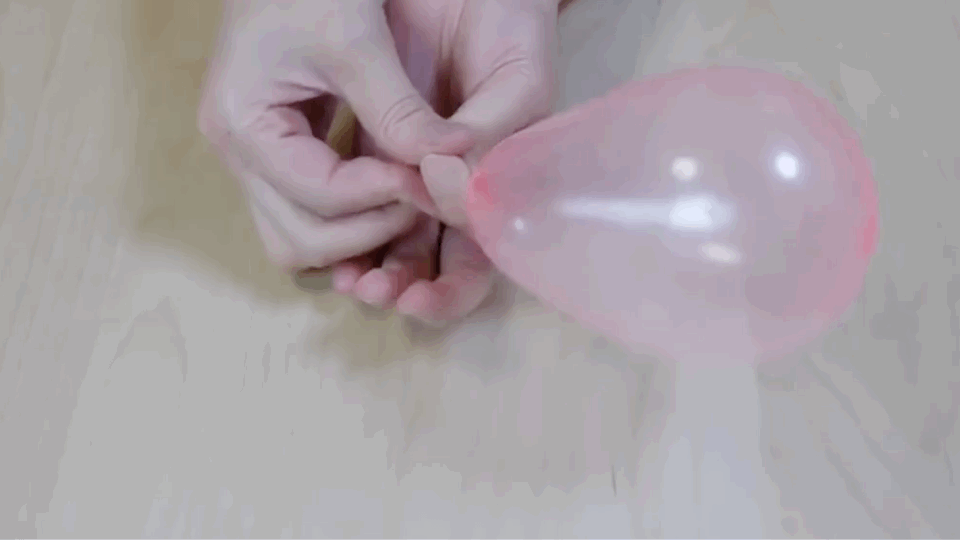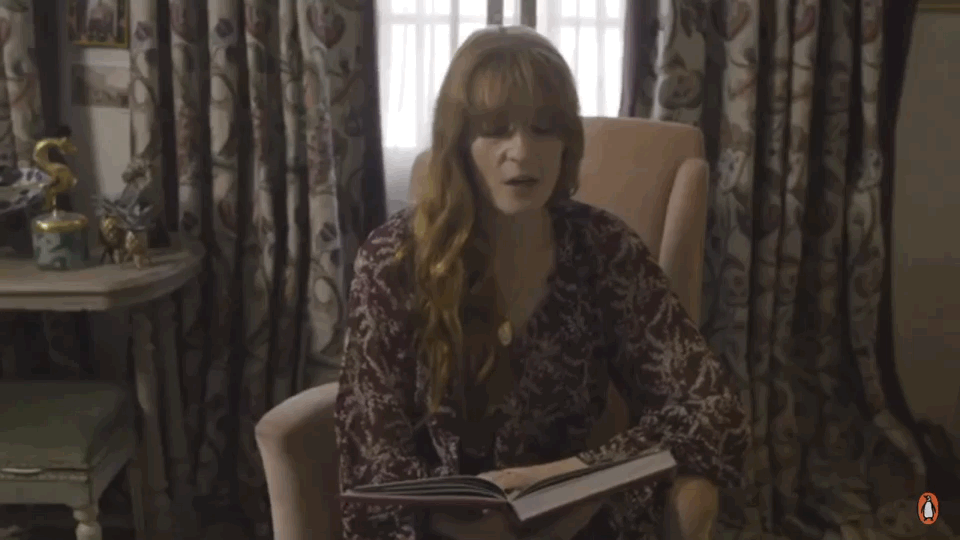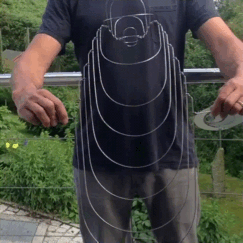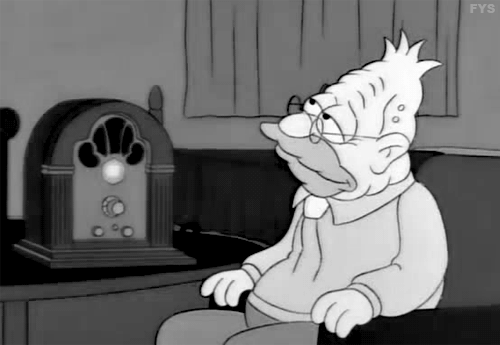“Misophonia is a troublesome disorder. My sensory issues go far beyond the grasp of sights and sounds. I feel it every time I touch water that is too hot or cold. I feel it when velvet touches my skin and makes me cringe. If I step out into the hot summer heat after my blissfully air-conditioned atmosphere I can feel the hold on my body. All of my senses are subject to sensory overload and under-load. If I do too much I feel my body pull out from under me. My back crumbles under the pressure.”
Florence Welch shares poetry in her book Useless Magic, a mind-bending sensory reading list from Tom Parks, and humans can detect quantum photons
“Welch’s mother is a professor of Renaissance studies at King’s College London who worried about her daughter skipping university to focus on her musical career, lamenting “what a waste of a brain!” Both the lyrics and the poetry in Useless Magic validate Welch’s choice, offering a chance to appreciate on the bare stage of the blank page the fineness of her words. And like fellow poet-musician Nick Cave (thanked for “inspiration and encouragement” here), Welch has found a way for the song and the voice of the rabbit-hearted girl to coexist. As she says herself: “you can have everything.”
Spoken word poet Saul Williams gathers to the ancient, formal ASMR research studies begin, and Koko the signing gorilla dies at 46
“According to Williams, however, the recent attention given to spoken word as a distinct genre within the arts is more a return to something that has deep and rich roots in our society: “The resurgence of poetry is cyclical and perpetual. It’s always engaged a new generation of youth who have brought it back to the forefront of culture and put new terms on it, whether it’s beat poetry, bebop poetry, slam poetry – there’s always been these resurgences. But it’s ancient.”
Music can lift layers of confusion, dancers’ brains react more quickly to it than professional musicians, and empaths process it differently
“Turns out that ASMR is pretty special. According to a recently published study in The Journal of Prevention of Alzheimer’s Disease (catchy name!), the part of your brain responsible for ASMR doesn’t get lost to Alzheimer’s. Alzheimer’s tends to put people into layers of confusion, and the study confirms that music can sometimes actually lift people out of the Alzheimer’s haze and bring them back to (at least a semblance of) normality… if only for a short while. ASMR is powerful stuff!”




